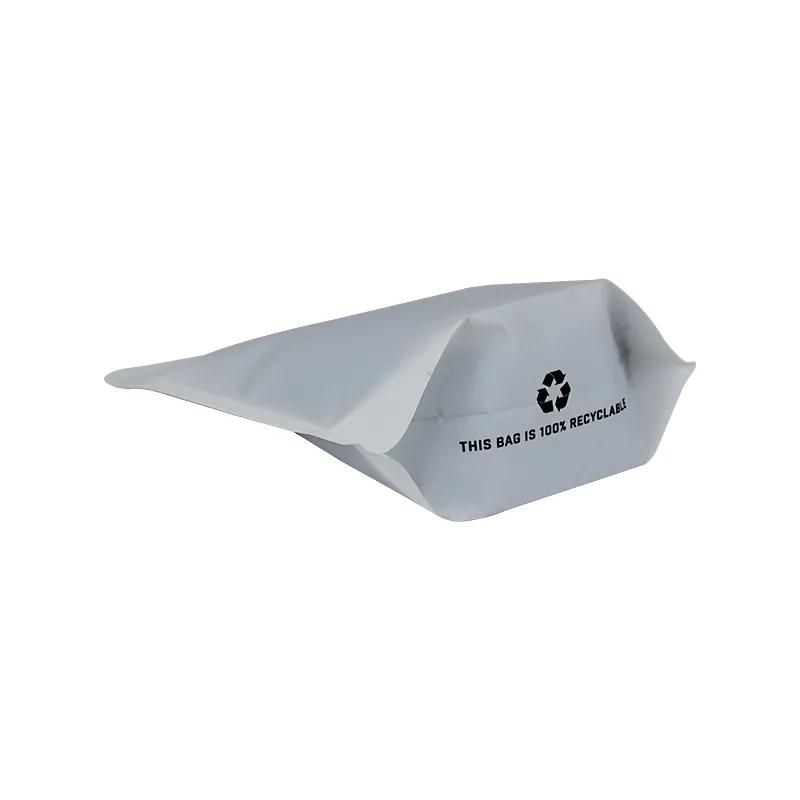- Afrikaans
- Albanian
- Amharic
- Arabic
- Armenian
- Azerbaijani
- Basque
- Belarusian
- Bengali
- Bosnian
- Bulgarian
- Catalan
- Cebuano
- chinese_simplified
- chinese_traditional
- Corsican
- Croatian
- Czech
- Danish
- Dutch
- English
- Esperanto
- Estonian
- Finnish
- French
- Frisian
- Galician
- Georgian
- German
- Greek
- Gujarati
- haitian_creole
- hausa
- hawaiian
- Hebrew
- Hindi
- Miao
- Hungarian
- Icelandic
- igbo
- Indonesian
- irish
- Italian
- Japanese
- Javanese
- Kannada
- kazakh
- Khmer
- Rwandese
- Korean
- Kurdish
- Kyrgyz
- Lao
- Latin
- Latvian
- Lithuanian
- Luxembourgish
- Macedonian
- Malgashi
- Malay
- Malayalam
- Maltese
- Maori
- Marathi
- Mongolian
- Myanmar
- Nepali
- Norwegian
- Norwegian
- Occitan
- Pashto
- Persian
- Polish
- Portuguese
- Punjabi
- Romanian
- Russian
- Samoan
- scottish-gaelic
- Serbian
- Sesotho
- Shona
- Sindhi
- Sinhala
- Slovak
- Slovenian
- Somali
- Spanish
- Sundanese
- Swahili
- Swedish
- Tagalog
- Tajik
- Tamil
- Tatar
- Telugu
- Thai
- Turkish
- Turkmen
- Ukrainian
- Urdu
- Uighur
- Uzbek
- Vietnamese
- Welsh
- Bantu
- Yiddish
- Yoruba
- Zulu
clay desiccant
The Importance of Clay Desiccant An Essential for Moisture Control
In various industrial and consumer applications, maintaining optimal moisture levels is crucial. Excess humidity can lead to significant damage in products, equipment, and facilities. One effective solution for moisture control is the use of clay desiccants. This article explores what clay desiccants are, their benefits, and their wide-ranging applications.
Clay desiccants are moisture-absorbing materials made from natural clay minerals, primarily sodium bentonite. These desiccants are known for their high adsorption capacity, which allows them to effectively control humidity and prevent moisture-related issues. Unlike synthetic desiccants, clay desiccants are environmentally friendly, non-toxic, and biodegradable, making them a sustainable choice for moisture control.
One of the key benefits of clay desiccants is their ability to adsorb moisture without altering the surrounding atmosphere's chemical properties. This characteristic makes them suitable for protecting various products, including pharmaceuticals, electronics, food items, and textiles. For example, in the pharmaceutical industry, moisture control is critical since excess humidity can affect the efficacy and shelf life of medications. Using clay desiccants in packaging helps to maintain the integrity of pharmaceutical products, ensuring that they remain safe and effective for consumers.
Furthermore, clay desiccants are highly adaptable and can be used in a variety of packaging formats
. They are commonly found in sachets, pouches, and bulk containers, making them easy to integrate into existing packaging systems. Their versatility allows businesses to tailor moisture control strategies to specific needs and product types.clay desiccant

Another advantage of clay desiccants is their cost-effectiveness. Compared to other moisture-absorbing materials, such as silica gel or activated carbon, clay desiccants often come at a lower price point while still providing effective moisture control. This makes them an attractive option for businesses looking to manage budgets while ensuring product quality. Additionally, the long lifespan of clay desiccants means that they can often be reused, further enhancing their cost efficiency.
Interestingly, clay desiccants do more than just absorb moisture; they can also help in controlling odors and preventing mold growth. Their natural properties allow them to trap unwanted smells and inhibit the development of mold, making them a multifunctional solution for various applications. This aspect is particularly important in food storage and transportation, where odor and spoilage can significantly impact product quality and safety.
Moreover, the increasing awareness of environmental issues and sustainability has led many industries to seek eco-friendly alternatives to traditional moisture control solutions. Clay desiccants offer a natural and sustainable option, aligning with the growing trend towards greener practices in manufacturing and distribution. As consumers increasingly prioritize sustainability, using clay desiccants can enhance a brand's image and appeal.
In summary, clay desiccants play an essential role in moisture control across various industries. Their natural composition, effectiveness, versatility, and cost-efficiency make them an ideal choice for businesses looking to protect their products from the detrimental effects of humidity. As the demand for sustainable solutions continues to rise, clay desiccants stand out as an eco-friendly and efficient option, proving that sometimes the best solutions are rooted in nature. Whether it's in a warehouse, a factory, or a home, incorporating clay desiccants can help ensure products remain safe, effective, and of the highest quality.













